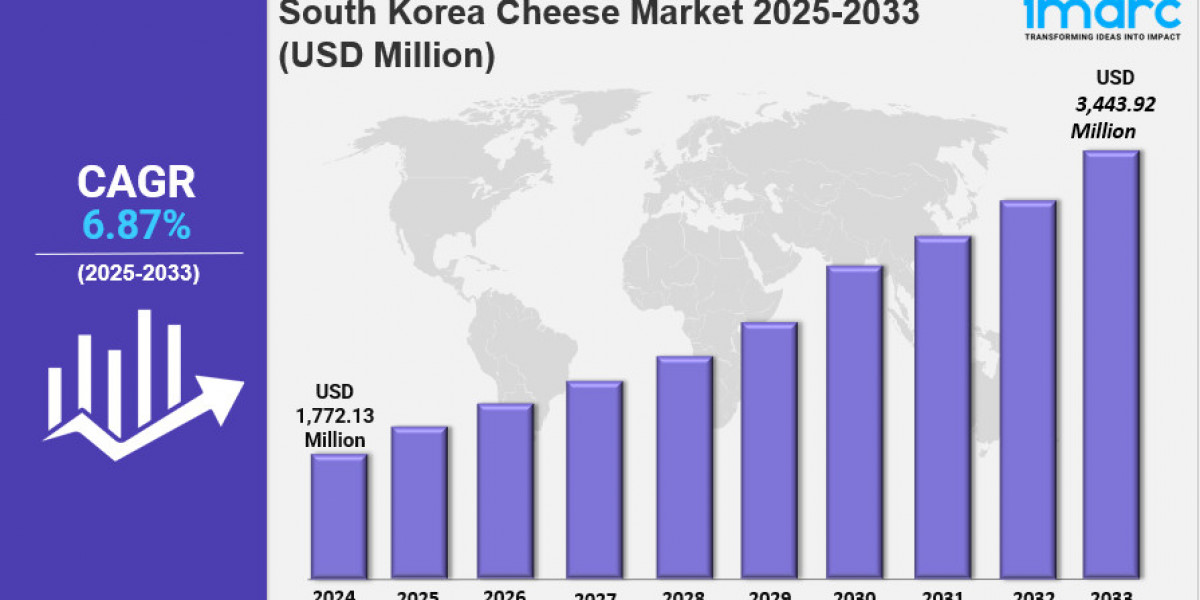Market Overview
The global industrial fasteners market continues to experience robust expansion, valued at USD 97.62 billion in 2024 and projected to reach USD 146.83 billion by 2034, growing at a steady CAGR of 4.4% from 2025 to 2034. Fasteners, including screws, nuts, bolts, rivets, and washers, play a vital role in connecting and securing components across a broad range of industries, from automotive and aerospace to construction and machinery manufacturing.
Driven by rising industrialization, infrastructure investments, and global trade recovery, the market is witnessing strong demand for mechanical fasteners that offer high strength, precision, and durability. Additionally, ongoing innovations in material science and the increasing use of lightweight composites are reshaping product design and application across multiple sectors.
Market Dynamics
- Manufacturing Expansion: Rapid growth in global industrial manufacturing output is directly boosting the demand for bolts and screws, rivets, and washers across machinery, electronics, and heavy equipment industries.
- Construction and Infrastructure Projects: The surge in infrastructure development—especially in Asia-Pacific, the Middle East, and Africa—is creating significant opportunities for metal joining solutions used in bridges, railways, buildings, and energy facilities.
- Automotive Demand: The increasing production of electric and hybrid vehicles is driving the use of lightweight and high-performance fasteners to meet stringent efficiency and safety standards.
- Technological Integration: Advanced manufacturing technologies such as cold forging, robotic assembly, and precision coating are improving product performance while reducing waste.
Market Segmentation
By Material Type
- Metal (Steel, Stainless Steel, Aluminum, Titanium, Others)
- Plastic
By Product Type
- Bolts
- Screws
- Nuts
- Rivets
- Washers
- Studs
By Application
- Automotive
- Aerospace
- Construction
- Industrial Machinery
- Home Appliances
- Energy & Utilities
Among product types, bolts and screws dominate global demand due to their versatility and widespread application across manufacturing and assembly lines. The automotive segment represents one of the largest end-user industries, with the increasing production of EVs and lightweight vehicles creating new growth avenues.
Regional Analysis
North America maintains a leading position in the global market, supported by established manufacturing hubs and rising demand for advanced fasteners in aerospace and defense sectors. The U.S. remains a major consumer, benefiting from industrial automation and re-shoring initiatives.
Europe continues to innovate in specialty fastening systems, particularly in Germany, France, and the U.K., where the focus on quality engineering and sustainability drives the adoption of corrosion-resistant and eco-friendly materials.
Asia-Pacific stands out as the fastest-growing regional market, fueled by industrial expansion in China, India, South Korea, and Japan. Rapid infrastructure development and increasing exports of machinery and vehicles underpin the region’s strong growth trajectory.
Latin America and the Middle East & Africa are witnessing steady progress as construction and oil & gas investments increase demand for industrial-grade fastening products.
Key Companies
The competitive landscape is characterized by continuous product innovation, global expansion strategies, and digital transformation. Prominent players include:
- Stanley Black & Decker, Inc.
- Illinois Tool Works Inc.
- LISI Group
- Nippon Industrial Fasteners Company (NIFCO)
- Hilti Corporation
- Penn Engineering & Manufacturing Corp.
- Acument Global Technologies Inc.
- KAMAX Holding GmbH & Co. KG
- Arconic Corporation
- EJOT Holding GmbH & Co. KG
These companies are investing in R&D to develop advanced fastening technologies for electric mobility, wind energy, and smart manufacturing applications.
Market Trends
- Shift Toward Lightweight Materials: The use of aluminum and titanium fasteners is rising in aerospace and automotive applications for improved fuel efficiency.
- Digitalization of Supply Chains: Integration of IoT-enabled quality control systems enhances traceability and performance monitoring of fastening solutions.
- Sustainability Focus: Manufacturers are implementing eco-friendly coatings and recycling programs to reduce environmental impact.
- Emergence of Smart Fasteners: Sensor-integrated fastening systems capable of monitoring load, vibration, and torque are revolutionizing industrial assembly operations.
Future Outlook
The growing emphasis on energy-efficient manufacturing and precision engineering is expected to strengthen the role of industrial fasteners in global production systems. The introduction of automated assembly processes and advancements in materials will further improve product functionality and lifecycle performance.
Conclusion
With ongoing advancements in technology and design, industrial fasteners continue to underpin critical applications in modern engineering. As industries prioritize reliability, sustainability, and innovation, these components will remain central to the efficiency and safety of manufacturing, construction, and energy systems worldwide.
More Trending Latest Reports By Polaris Market Research:
Non-Associated Cellulose Rheology Modifiers Market








